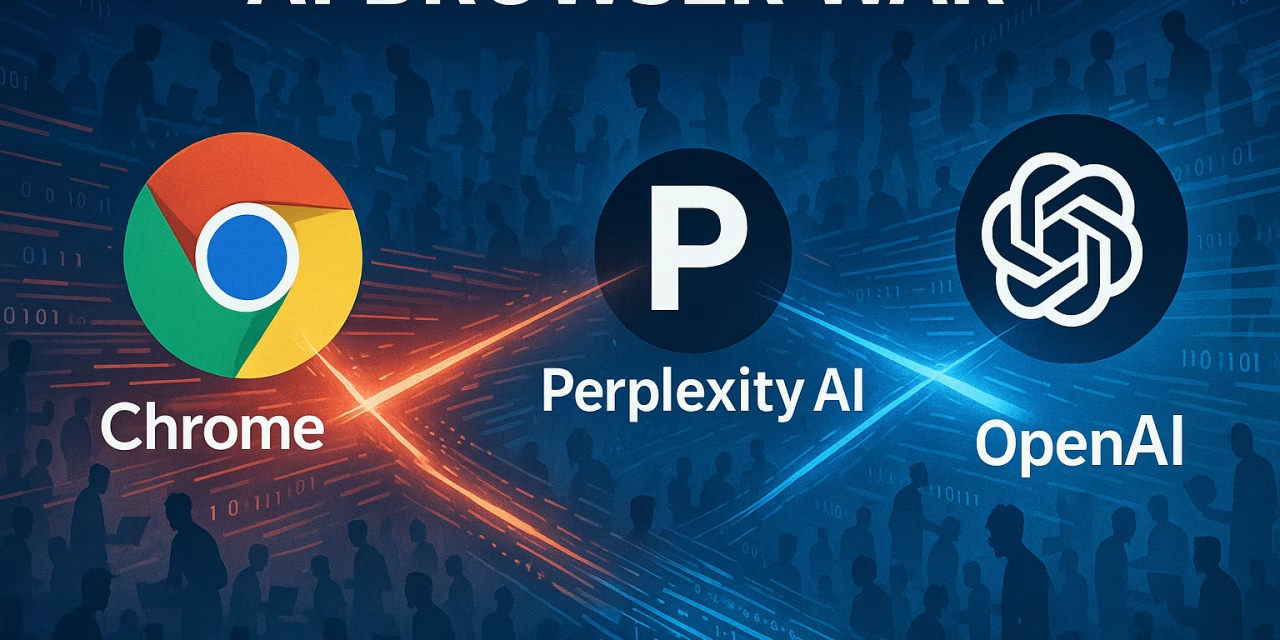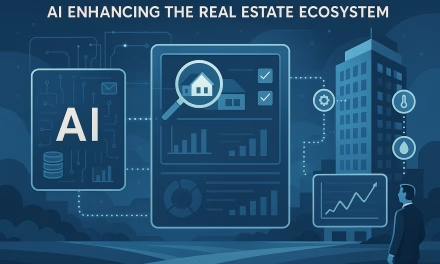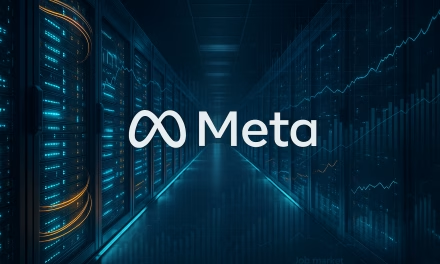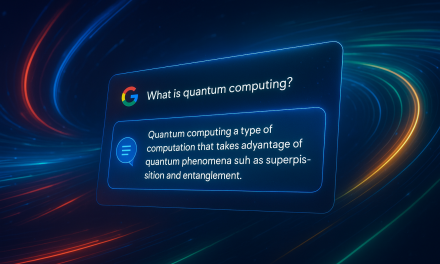July 13, 2025, marks a significant escalation in the “AI Browser War,” a new frontier that promises to reshape how businesses operate and consumers interact with digital information. This intensifying competition, coupled with ongoing discussions about AI’s impact on employment, defines the current landscape of AI in business.
Perplexity AI, now valued at $14 billion, has officially launched its AI-enabled web browser, Comet, for select subscribers. This move directly challenges the long-standing dominance of traditional browsers like Google Chrome, offering users a more intelligent and integrated search and browsing experience. Simultaneously, reports indicate that OpenAI is also developing its own AI web browser, further intensifying the competition in this crucial digital space. This “browser war” signifies a strategic shift by AI powerhouses to control the gateway to digital information and user interaction.
The implications for businesses are profound. AI-powered browsers could offer enhanced productivity tools, personalized content delivery, and more efficient data analysis capabilities directly within the browsing experience. This could lead to new avenues for digital marketing, customer engagement, and operational efficiency.
However, the rapid advancement of AI also brings critical discussions about its impact on employment. Nvidia CEO Jensen Huang addressed these concerns, acknowledging that while some jobs will inevitably be lost due to AI automation, many new positions will be created. He emphasized that the overall goal of AI is to lift society through productivity gains, rather than simply replacing human labor. Huang also highlighted the rapid advancement of vision-language-action (VLA) models, which could enable robots to perform complex physical tasks, with widespread implementation expected within three to five years.
The developments on July 13, 2025, underscore the dual nature of AI’s influence on business. On one hand, it’s driving unprecedented innovation and competition in core digital services. On the other, it’s forcing a re-evaluation of workforce strategies and the skills required for the future economy. Businesses must adapt to this evolving landscape by embracing AI tools while strategically planning for the human element of their operations.





